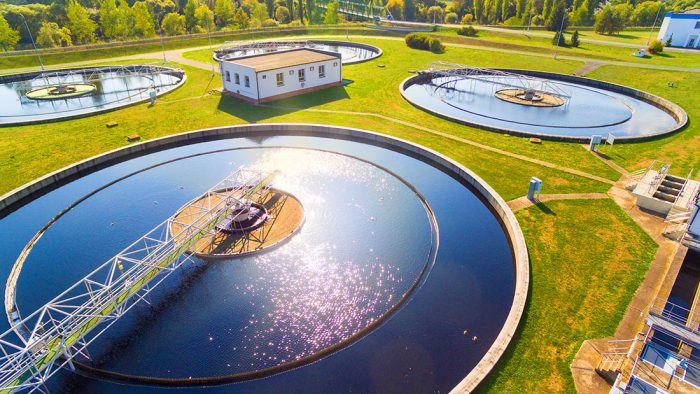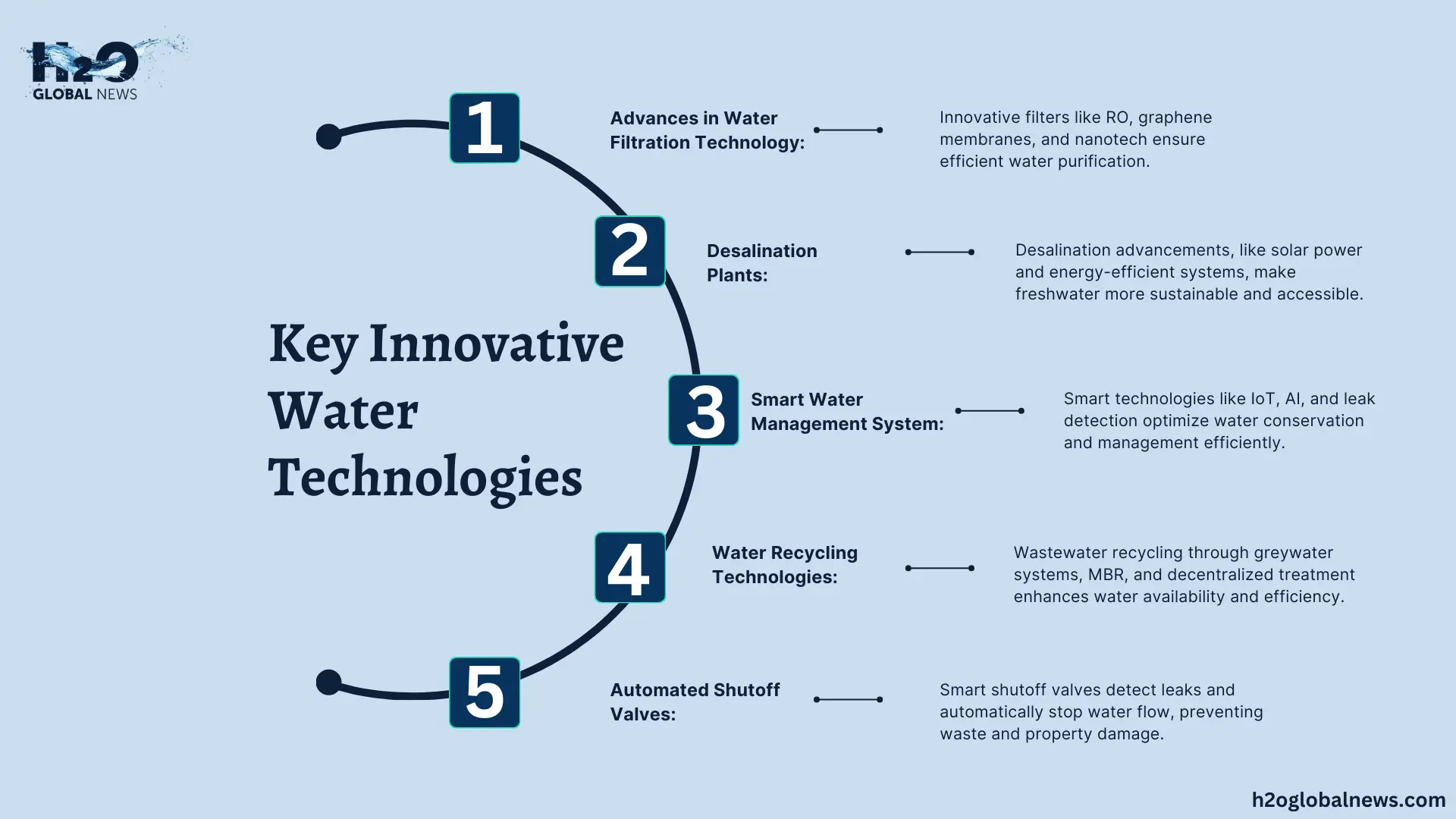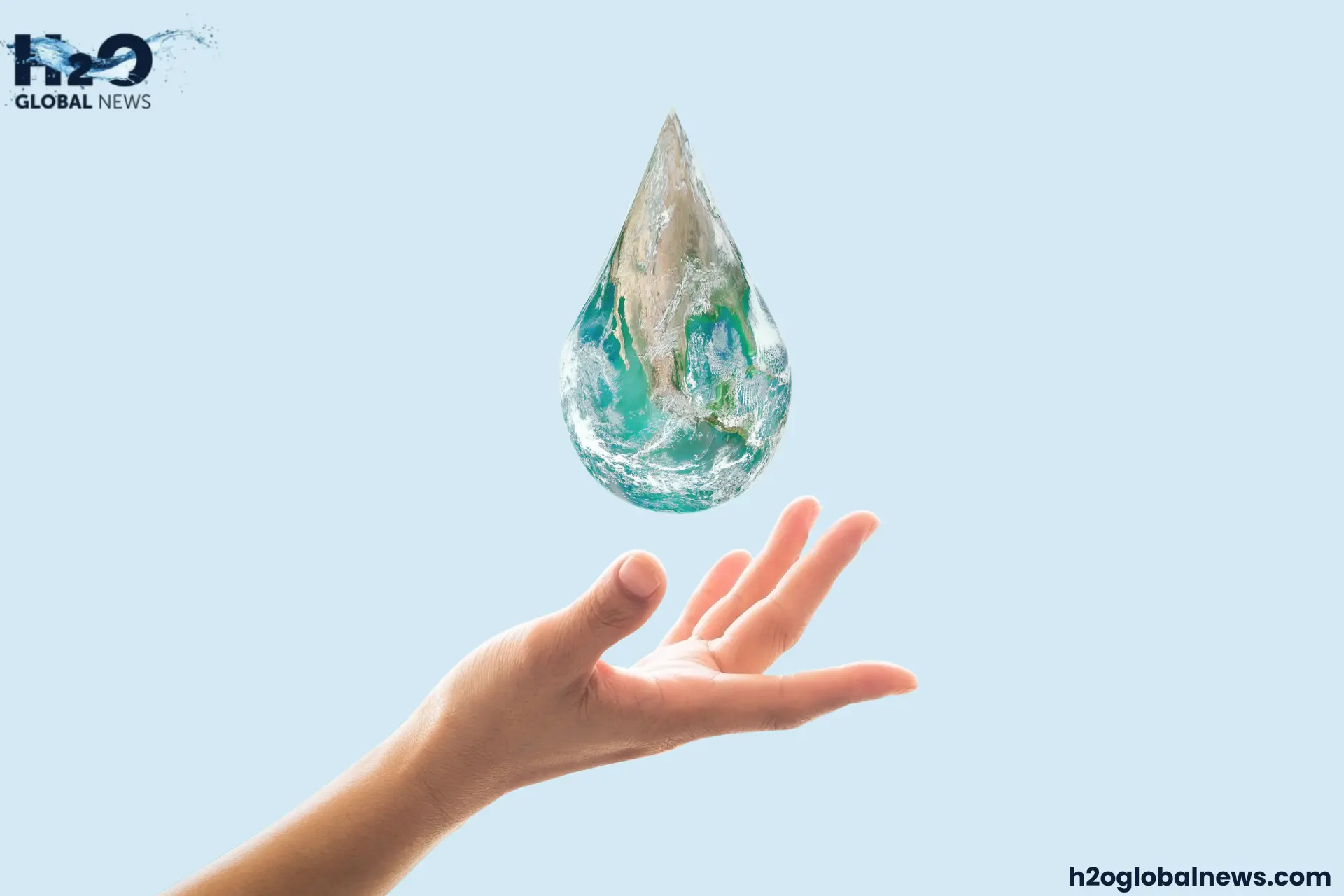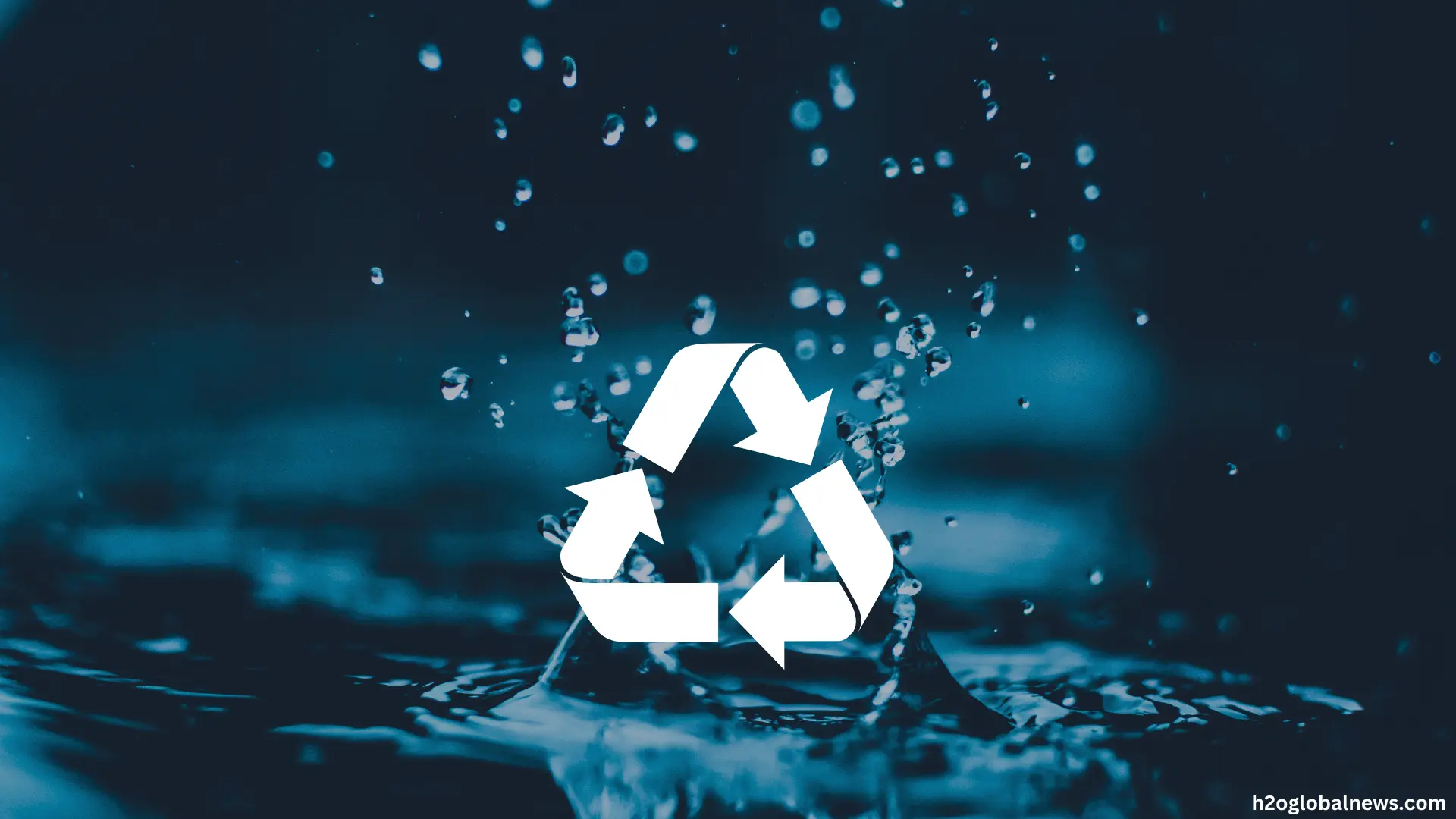Water scarcity is becoming a big issue. The World Health Organization warns that by 2025, two-thirds of the world’s population could face water shortages. While this is concerning, researchers and innovators are working hard to create new technologies to solve this problem. With growing challenges like pollution and climate change, the need for smart water solutions has never been more urgent. New advancements in water technology are helping us find better ways to access, save, and share water, ensuring clean water for everyone.
The Growing Global Water Crisis
The world is facing an unprecedented global water crisis. According to the United Nations, over 2 billion people live in water-scarce areas, which is expected to rise due to increasing demands from population growth and industrialization. Key factors driving the crisis include:
- Over-extraction of freshwater resources.
- Contamination of water sources.
- Lack of efficient water infrastructure.
In response, researchers and organizations globally are turning to innovative water solutions to tackle these issues effectively.
Key Innovative Water Technologies
1. Advances in Water Filtration Technology
Innovative filtering devices are being developed to fight water contamination.
- Reverse osmosis (RO): Removes contaminants at the molecular level, making it suitable for desalination and wastewater treatment.
- Graphene filters are ultra-thin membranes that filter impurities using less energy than standard methods.
- Nanotechnology in Filtration: Nanoparticles efficiently remove germs, heavy metals, and other contaminants, providing a scalable option for clean water.
These innovations ensure clean drinking water in areas affected by pollution and waterborne diseases.
2- Desalination Plants
Desalination, the process of converting seawater into freshwater, has become an essential component of global water technology. Recent developments include:
- Solar-powered desalination reduces dependency on fossil fuels, making the process more sustainable.
- Energy-Efficient Systems: Technologies that use less energy to desalinate water, making it more accessible to developing regions.
Countries such as Saudi Arabia and Israel have used this technology to combat water constraints effectively.
3- Smart Water Management System
Water conservation technologies are crucial for effective resource management:
- IoT-enabled sensors can monitor water usage in real-time, decreasing waste in agricultural, industrial, and urban contexts.
- Leak Detection Systems: Advanced sensors detect and fix leaks in water infrastructure, averting major losses.
- AI-Driven Water Allocation: Predictive analytics optimize water distribution depending on demand and supply.
Smart water management solutions are revolutionizing urban water utilities while assuring fair access to water.
4- Water Recycling Technologies
Recycling wastewater is an important approach for addressing water shortages.
- Greywater Systems: Recycle residential wastewater for irrigation and industrial use.
- Membrane Bioreactors (MBR) recycle wastewater for both drinking and non-drinking applications by using biological treatment and improved filtration.
- Decentralized Wastewater Treatment: Compact systems treat wastewater at the source, relieving pressure on centralized infrastructure and improving water availability.
These clean water technologies are increasingly used to improve resource efficiency in water-scarce areas.
5- Automated Shutoff Valves
Automated shutoff valves, also known as smart valves, can detect leaks and automatically shut off the water supply to minimize water waste and property damage. The valves remain open during normal use but close immediately if a leak is detected. Smart valves provide 24-hour protection and conservation for residential and commercial plumbing systems.
Water Conservation Technologies and Innovations
Efficient irrigation systems are crucial to reducing agricultural water usage and conserving our limited freshwater resources. As population growth strains available water supplies, improving irrigation efficiency is vital.
Drip Irrigation
Drip irrigation, also known as micro irrigation or trickle irrigation, is one of the most efficient irrigation methods. Drip irrigation systems deliver water slowly and directly to the roots of plants through a network of valves, pipes, tubing, and emitters. This targeted application minimizes water loss from evaporation and runoff, allowing farms to use up to 50% less water than conventional flood or sprinkler irrigation.
Smart Controllers
Smart irrigation controllers use weather and soil moisture data to adjust watering schedules and amounts automatically. These controllers, which can be retrofitted to existing irrigation systems, help ensure crops receive the precise amount of water they need while avoiding excess watering. Studies show that smart controllers can improve irrigation efficiency by up to 20% compared to traditional timers.
Recycled Wastewater
Treated wastewater from sewage treatment plants can be a valuable source for agricultural irrigation. Recycling wastewater for irrigation helps farms reduce their use of freshwater supplies. The use of recycled wastewater, also known as grey water, for irrigation, is becoming more common, especially in drought-prone and water-scarce regions. Proper treatment and monitoring are required to ensure water quality and avoid potential health risks.
Implementing efficient irrigation systems and smart technologies are practical solutions that can significantly curb water usage in agriculture. While these innovations may require initial investments, they provide environmental and economic benefits through increased crop yields, reduced operational costs, and preservation of freshwater resources. Widespread adoption of efficient irrigation methods and recycled wastewater are critical steps towards sustainable water management and food security.
Water Recycling and Reuse Technologies
Water recycling and reuse technologies offer promising solutions to address water scarcity and improve sustainability.
Water Treatment and Filtration
Advanced filtration systems can treat wastewater and make it suitable for reuse. Microfiltration and ultrafiltration remove particles like sediments and bacteria. Reverse osmosis uses semi-permeable membranes to remove ions and larger molecules. Distillation involves boiling the water and then condensing the resulting steam. These methods produce very pure water for industrial use or potable water.
Greywater Systems
Greywater refers to wastewater from showers, sinks, washing machines, and other sources, excluding toilets. Greywater systems collect, treat, and reuse this water for non-potable purposes like irrigation, cooling, and toilet flushing. They reduce the volume of wastewater entering sewers or septic systems by up to 50%. Simple systems filter and disinfect the water before reuse, while more advanced systems include components like equalization tanks, pumps, and controls.
Rainwater Harvesting
Rainwater harvesting systems collect and store rainwater runoff from rooftops for later use. The filtered water can supply non-potable water demands like irrigation, laundry, and toilet flushing. These systems are easy to implement and provide a sustainable water source, especially in areas with seasonal rainfall. They also help recharge groundwater levels and reduce flooding and erosion.
Water Reuse in Agriculture
Treated wastewater can be used for agricultural irrigation, especially in areas where freshwater is scarce. Primary and secondary wastewater treatment can remove pollutants to levels suitable for the irrigation of certain crops. Tertiary filtration and disinfection treatment produces reclaimed water suitable for irrigating most crops. Using wastewater for irrigation also provides nutrients to crops and helps conserve potable water. Strict guidelines regulate water quality and crop type to ensure public health safety.
New technologies enabling improved water recycling, reuse, and sustainability are tackling the global water crisis through conservation and resource recovery. Widespread adoption of these solutions can help ensure access to clean water for future generations.
Global Water Technology for a Sustainable Future
Countries around the world are using global water technology to safeguard their water futures
- Singapore is a leader in water recycling, with its NEWater initiative utilizing innovative membrane and UV filtration technologies.
- India is implementing smart irrigation systems and groundwater recharge projects to alleviate water scarcity.
- The United States invests in novel water technology to upgrade its infrastructure, such as AI-powered water management systems.
- South Africa utilizes atmospheric water generation and desalination to enhance its water resources.
Conclusion
The global water crisis is a big challenge, but there’s hope for new technologies. Innovations like better water filters, desalination, and smart systems to manage water are helping make clean water more available. By using these technologies and saving water in our daily lives, we can all play a part in solving the problem. With continued effort and investment, we can make sure everyone has access to clean water in the future. We have the power and responsibility to solve the world’s water crisis.
FAQs
1- What are the key advancements in water filtration technologies?
Key advancements include graphene filters, nanotechnology, and reverse osmosis systems, which effectively remove contaminants and improve water quality using less energy.
2- What are smart water management systems?
These systems use IoT sensors and AI to monitor water usage, detect leaks, and optimize water distribution. They help reduce waste and enhance water efficiency.
3- How can global water technologies address the water crisis?
Global water technologies, such as desalination, water recycling, and smart systems, provide sustainable solutions to ensure clean and efficient water access for all.
4- How long until Earth loses water?










